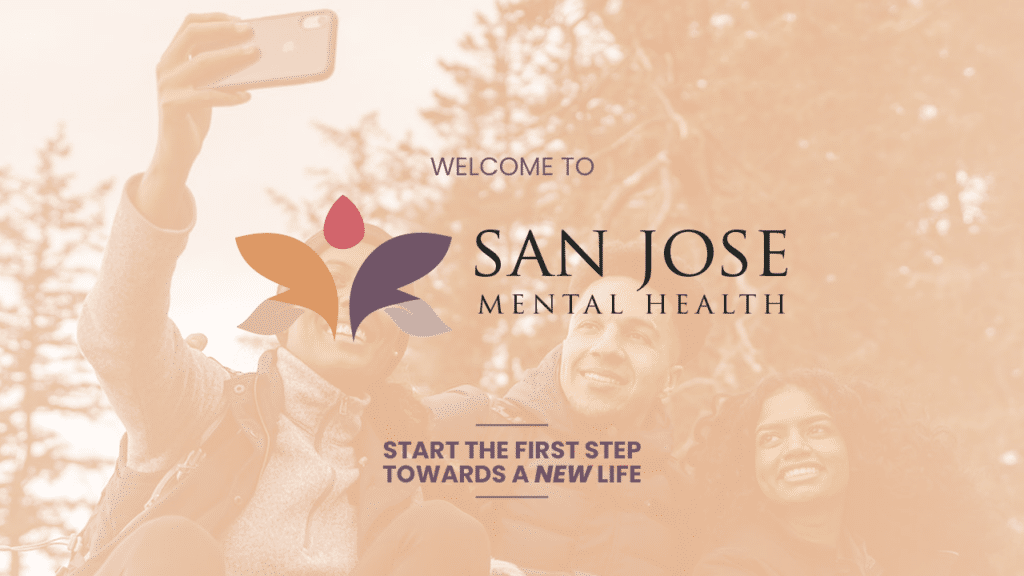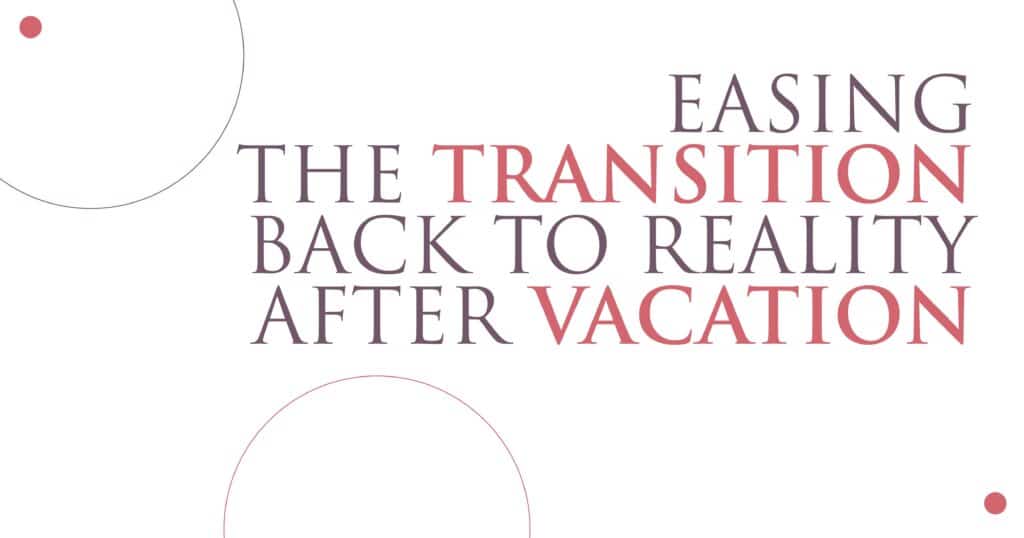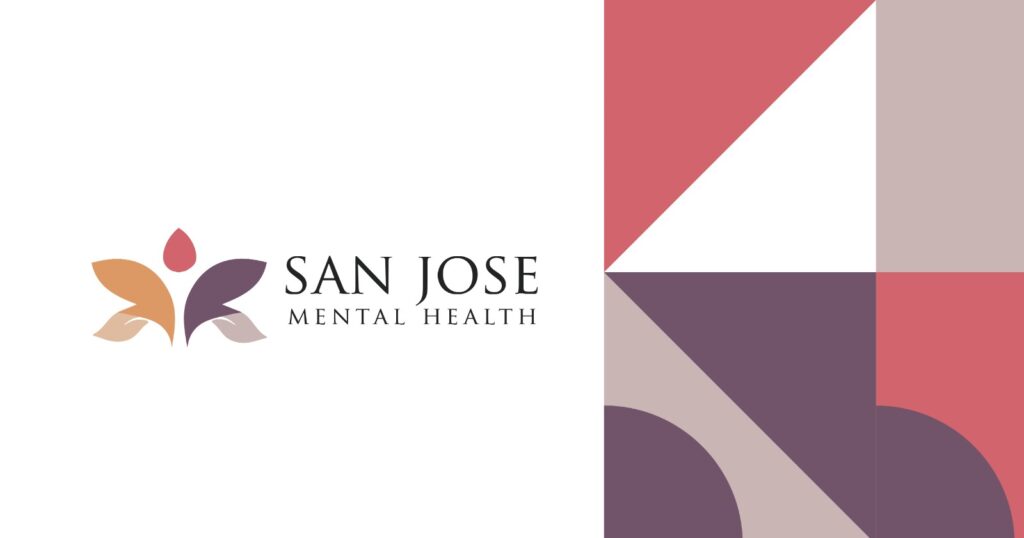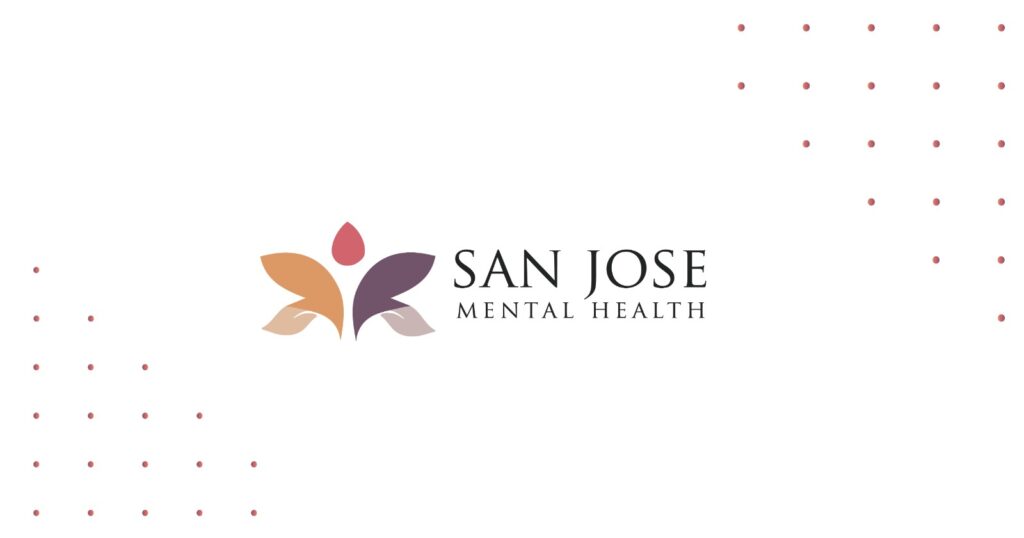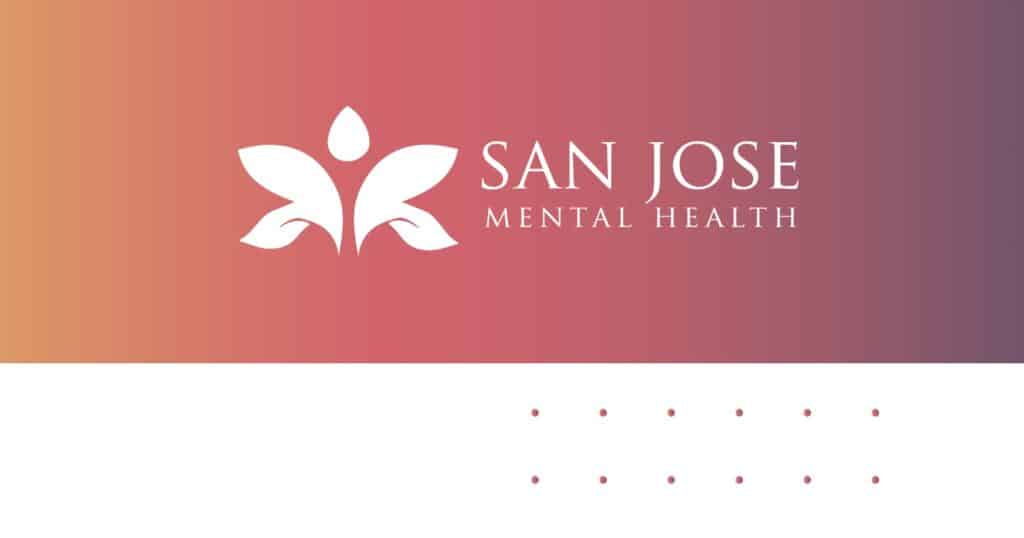The suitcases are unpacked, the photos are uploaded, and the last traces of sunscreen have finally washed away – but something still feels off. What was supposed to be a refreshing break has left you feeling strangely low, unmotivated, and overwhelmed by the thought of returning to “real life.” If this sounds familiar, you’re not alone. Many people experience post-vacation depression, a surprisingly common emotional slump that follows a period of relaxation, adventure, or escape.
From tropical beaches to mountain hikes, vacations give us a taste of freedom and joy that everyday life rarely offers. But when the time comes to return, the contrast can feel like a crash – a phenomenon often referred to as the post-holiday slump, travel blues, or vacation withdrawal. The good news? With awareness, intentional strategies, and the right mindset, it’s possible to ease the transition and recapture a sense of balance.
Recognizing the Symptoms of Post-Vacation Depression
Post-vacation depression isn’t an official medical diagnosis, but its effects can be very real. It often appears as a collection of emotional, cognitive, and physical symptoms that emerge shortly after returning from a trip. These can range from mild sadness to intense feelings of emptiness or disconnection.

Common signs include:
- Low mood, sadness, or a persistent sense of emptiness
- Difficulty concentrating or staying motivated
- Sleep disruptions or changes in appetite
- Fatigue and lack of energy
- Anxiety or irritability about returning to work or daily responsibilities
- Disinterest in activities that previously brought joy
While these feelings typically fade within a few days to weeks, their intensity can vary. Recognizing them early allows you to address the underlying causes before they escalate.
San Jose Mental Health
Common Causes of Post-Vacation Depression
Why does something as enjoyable as a vacation leave us feeling low afterward? The answer lies in the contrast between our vacation mindset and everyday reality. Several factors contribute to the post-holiday slump:
- Routine shock: Going from a flexible, stress-free schedule to a structured daily life can feel jarring.
- Loss of novelty: Vacations stimulate our senses with new sights, sounds, and experiences. Returning to routine can feel dull in comparison.
- Unrealistic expectations: We often hope a vacation will “fix” our stress or unhappiness. When it doesn’t, disappointment sets in.
- Lack of purpose: Transitioning from days filled with exploration and relaxation to repetitive tasks can trigger feelings of emptiness.
- Social disconnection: If the vacation involved quality time with loved ones, returning to a more isolated environment can heighten loneliness.
The Psychological Impact of Returning to Routine
The transition back to everyday life involves more than just catching up on emails or unpacking luggage – it’s a psychological adjustment, too. During vacation, your brain operates on different rhythms: stress hormones decrease, dopamine and serotonin levels rise, and your internal reward system is highly stimulated.
Returning to everyday life reverses this process, often causing what’s known as reentry stress – the emotional friction that occurs when shifting from leisure to responsibility. This can manifest as:
- Resistance to returning to work or daily obligations
- Difficulty readjusting to structure and schedules
- Heightened awareness of dissatisfaction with one’s current lifestyle
- Feelings of restlessness or craving for escape
This psychological shift highlights the importance of not just “returning” but reintegrating – a conscious effort to bring some of the joy, perspective, and relaxation from your vacation into your daily life.

Strategies for Coping With Post-Vacation Depression
Overcoming travel blues doesn’t mean pretending they don’t exist – it means addressing them with intentional actions. Here are practical strategies to help you navigate the transition:
- Plan a Gentle Reentry
Give yourself a buffer day or two between returning home and returning to work. Use this time to rest, unpack, grocery shop, and mentally prepare for the week ahead.
- Incorporate Vacation Habits Into Daily Life
Think about what made your vacation feel special – daily walks, reading, or trying new foods. Integrating small elements of that lifestyle can make everyday life feel more fulfilling.
- Set New Goals and Plans
Channel the motivation and inspiration from your trip into new goals. Whether it’s planning a future getaway or starting a creative project, having something to look forward to keeps the post-vacation void at bay.
- Stay Connected With Your Travel Companions
If your trip involves friends or family, reminiscing or sharing photos can keep positive feelings alive and provide emotional support.
- Reframe the Way You View Routine
Instead of seeing routine as dull or restrictive, view it as an anchor – a foundation that allows you to explore, grow, and plan your next adventure with stability.
The Role of Self-Care in Managing Post-Vacation Blues
Self-care is one of the most effective tools for overcoming vacation withdrawal and restoring emotional balance. It’s not about indulgence – it’s about creating space for rest, reflection, and intentional living.
Here’s how to prioritize self-care during this transition:
- Prioritize rest: Your body and mind may still be recovering from travel fatigue. Sleep well and maintain a consistent routine.
- Nourish your body: Rebalance with nutritious meals and hydration to boost energy and mood.
- Move your body: Physical activity releases endorphins, helping to combat post-vacation sadness.
- Practice mindfulness: Meditation or journaling can help you process your trip, manage emotions, and focus on the present.
- Limit digital overload: Resist the urge to dive back into screens immediately. Give yourself time to adjust gradually.
These small, intentional acts help ease the emotional drop that often follows a high point like a vacation.
Seeking Professional Help When Needed
For most people, post-vacation depression is temporary and resolves within a couple of weeks. However, if sadness lingers, interferes with your daily functioning, or intensifies into hopelessness, it may signal a deeper underlying issue such as clinical depression or an anxiety disorder.
A mental health professional can help differentiate between a normal adjustment period and a more serious mood disorder. Therapies like cognitive behavioral therapy (CBT) can provide practical tools to manage negative thought patterns, while counseling can offer support in exploring deeper emotional triggers. Medication may also be recommended if symptoms are severe or persistent.
San Jose Mental Health
Learn More Practical Tips at San Jose Mental Health
Reentry after a vacation doesn’t have to feel like crashing back to reality. With awareness, self-care, and support, you can navigate the post-holiday slump and integrate the joy of your travels into everyday life.
At San Jose Mental Health, we help individuals manage emotional transitions, build resilience, and develop strategies to improve mental well-being. Whether you’re experiencing return-to-work anxiety or deeper depressive symptoms, our team is here to guide you every step of the way.
Contact San Jose Mental Health today and take the first step toward feeling like yourself again.
FAQs
What are the common signs of post-holiday slump, and how can I identify them?
Signs include low mood, fatigue, irritability, difficulty concentrating, and lack of motivation shortly after returning from a trip. These typically improve with time and intentional coping strategies.
How can I effectively manage travel blues when returning to reality after a vacation?
Create a gentle reentry plan, bring vacation habits into daily life, stay connected with travel companions, and set new goals to maintain momentum and joy.
What strategies can help reduce vacation withdrawal and return to work anxiety?
Prioritize rest, plan enjoyable activities post-trip, practice mindfulness, and gradually reintroduce structure to make the transition smoother.
How does reentry stress contribute to end-of-vacation sadness, and what can be done to alleviate it?
Reentry stress occurs when adjusting from leisure to responsibility, triggering sadness or frustration. Easing back into routines, reframing your mindset, and focusing on new goals can help reduce its impact.
San Jose Mental Health
Are there practical self-care tips to combat the holiday hangover and improve mental well-being?
Yes – focus on sleep, nutrition, physical activity, mindfulness, and limiting screen time. These self-care strategies help regulate mood and restore emotional balance after travel.
